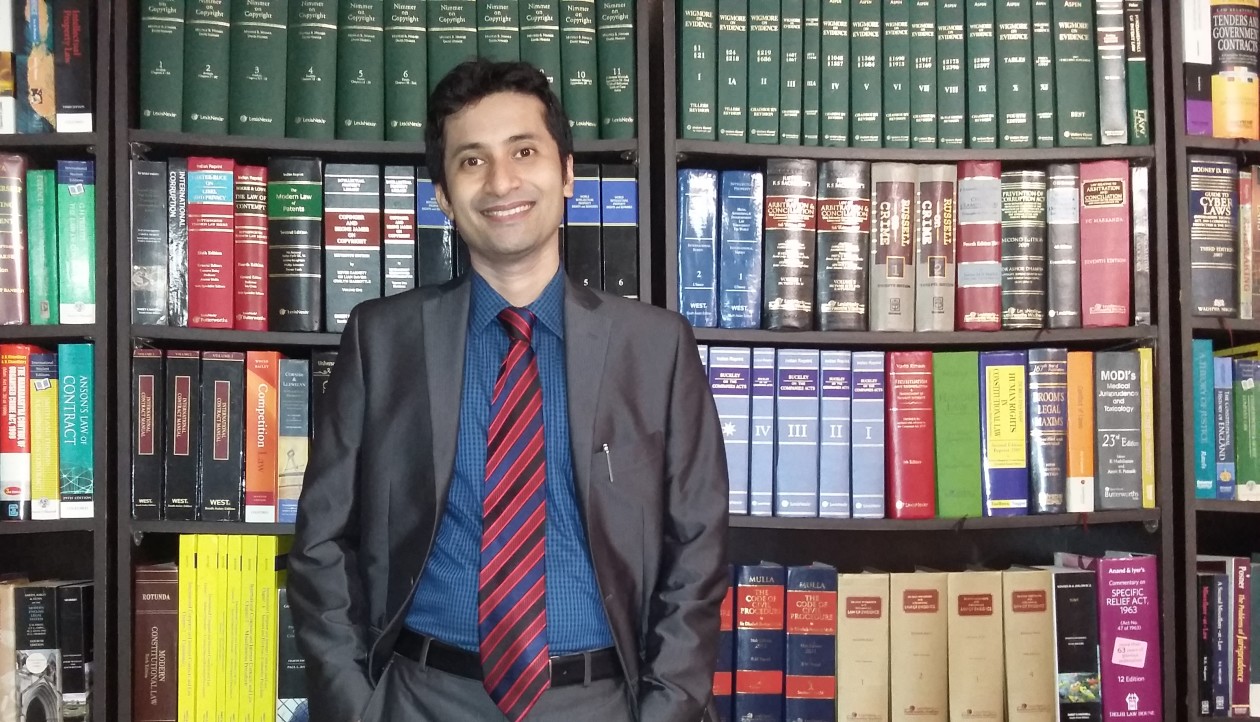Then Mátali to Ráma cried:
“Let other arms the day decide.
Why wilt thou strive with useless toil
And see his might thy efforts foil?
Launch at the foe thy dart whose fire
Was kindled by the Almighty Sire.”
He ceased: and Raghu’s son obeyed:
Upon his string the hero laid
An arrow, like a snake that hissed.
Whose fiery flight had never missed:
The arrow Saint Agastya gave
……………………………..
He laid it on the twisted cord,
He turned the point at Lanká’s lord,
And swift the limb-dividing dart
Pierced the huge chest and cleft the heart,
And dead he fell upon the plain
Like Vritra by the Thunderer slain.
……………………………..
On Mátali’s advice, Ráma chose the gleaming shaft, a gift from Brahma and which had been given by sage Agastya. It was breathing as if like a serpent. This was created for the conquest of all the three worlds, to be used by Indra. With the sun and fire in its head, the wind god was in its feathers. It was as heavy as the mountains Meru and Mandara. It sparkled as the Sun. The shaft was resplendent by its own lustre, well feathered and adorned with jewels. It could annihilate the enemy completely. It could rip through entire enemy army as it was hard as a diamond. This deadly shaft brought euphoria to the monkeys and extermination of the Rákshas. Ráma fitted the resplendent shaft into his magnificent bow and after pronouncing the required mantras, drew his bow to the fullest and aimed the arrow at the Lord of Rákshas. He discharged that shaft at Rávan, piercing his vitals. The arrow fiercely struck Rávan in the chest. Rávan’s bow slipped from his hand and he tumbled out of his chariot. The shaft, after slaying Rávan, soaked in blood, again entered the quiver. Rávan thunderously fell to the ground. Seeing the death of their lord, the Rákshas panicked and started running away, but the monkeys chased them. The monkeys proclaimed Ráma’s victory with joy. Flowers rained down on Ráma’s chariot and the celestial beings were delighted with Rávan’s death. After killing Rávan, Ráma dazzled on the battle field, encircled by his army and friends. The epic battle thus came to an end with the victory of good over evil.
